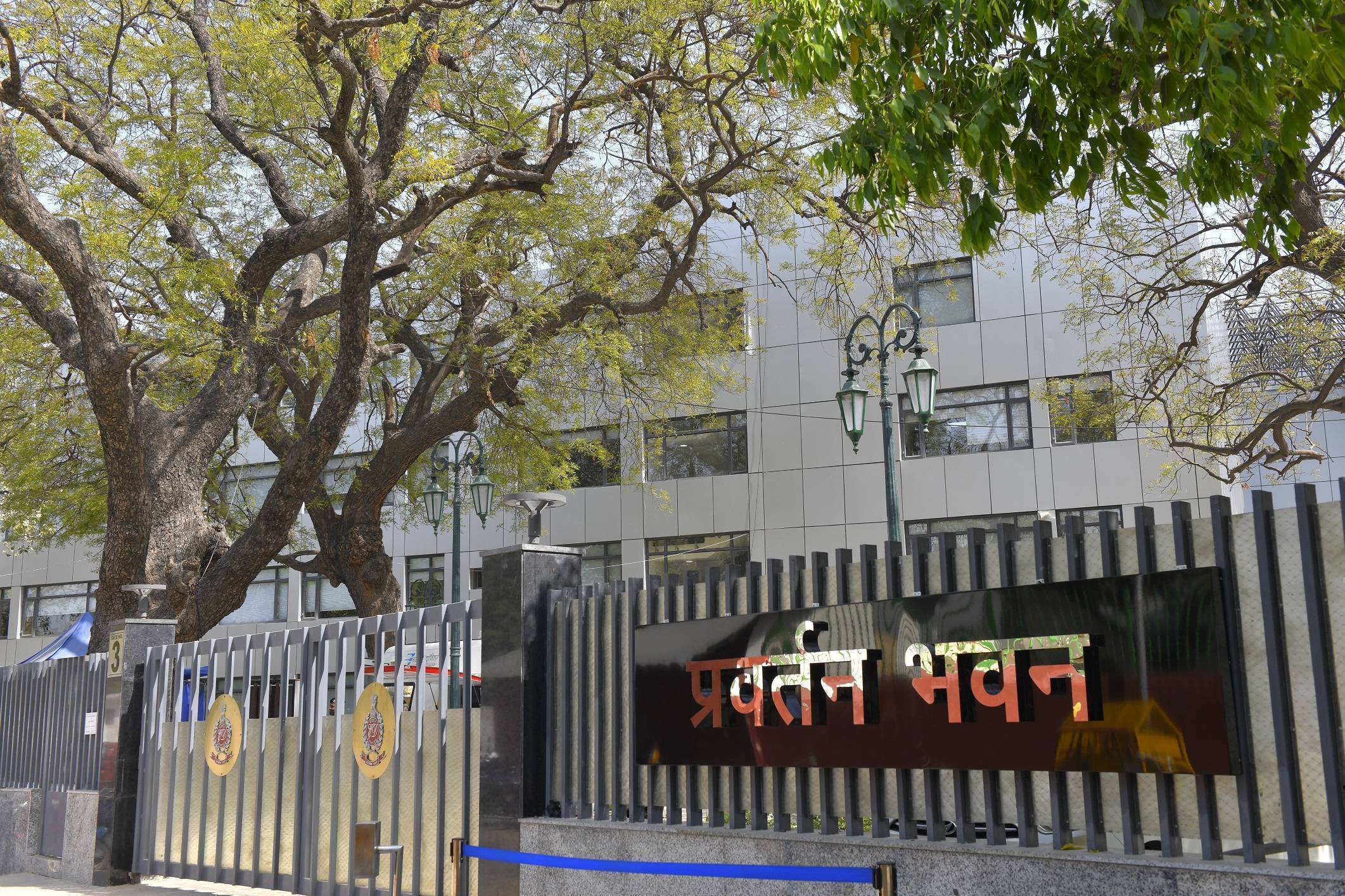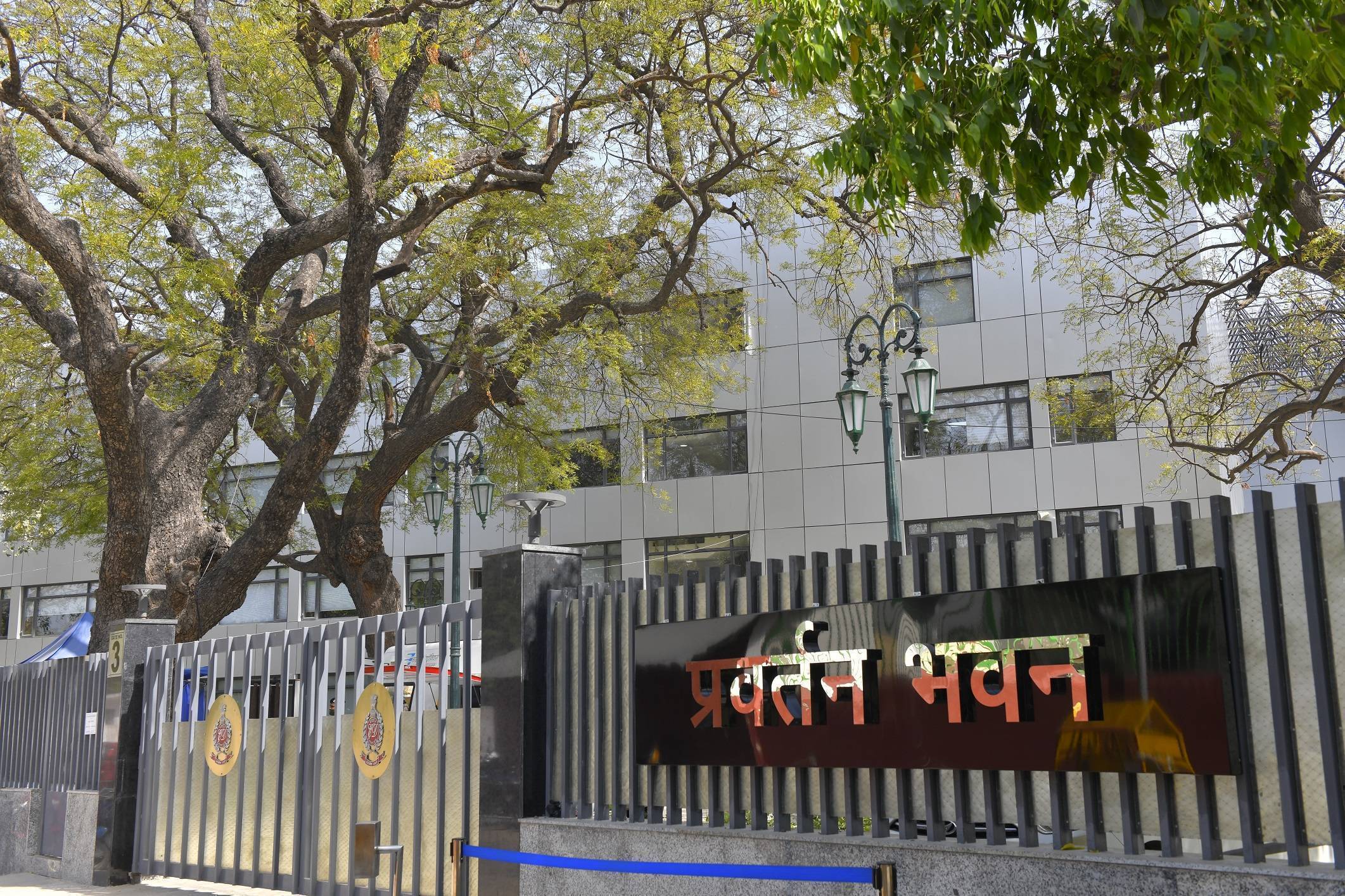The Securities and Exchange Board of India (SEBI) has issued a public advisory cautioning investors about Strata, a commercial real estate investment platform. The warning follows Strata’s voluntary surrender of its Small and Medium Real Estate Investment Trust (SM REIT) registration, marking the first such exit since the framework was introduced in 2024.
Strata, co-founded by Sudarshan Lodha and Priyanka Rathore, had registered as an SM REIT earlier this year with the intent of launching six schemes in the current financial year. Despite receiving SEBI’s approval in January 2025, the platform did not launch any schemes under the SM REIT umbrella or transition any of its existing fractional investment offerings to this new structure.
The surrender of the registration came after legal proceedings involving the promoters surfaced. According to SEBI’s official communication, “Strata SM REIT has surrendered its certificate of registration. It shall not hold out or represent itself as a SEBI-regulated intermediary or SM REIT.” The regulator clarified that the move followed a series of discussions with the company’s management, including its independent director, compliance officers, and the appointed trustee.
The legal proceedings in question stem from a dispute with a Tamil Nadu-based real estate firm involved in the acquisition and development of land for industrial and warehousing projects. The dispute escalated into a criminal complaint alleging that Lodha impersonated a SEBI official and used a fraudulent email ID during interactions related to the matter. In response, Lodha’s legal representatives denied any wrongdoing and claimed that the complaint was retaliatory, filed after the complainant failed to obtain relief through arbitration and civil litigation.
The Madras High Court has granted anticipatory bail to Lodha in the case. Strata, in its response, said the decision to give up the SM REIT licence was taken purely as a precaution, and not as an admission of guilt. The company added that once the legal proceedings are over, it may consider reapplying for the licence. Meanwhile, it clarified that its existing investments under the Everstrat brand remain unaffected.
Strata currently manages assets worth over ₹2,000 crore. While the company continues to operate outside the SM REIT framework, the incident has brought attention to the nascent regulatory landscape governing fractional ownership in real estate.
The SM REIT framework was introduced by SEBI in 2024 to bring transparency and accountability to the growing number of tech-enabled platforms offering fractional ownership of real estate assets. The framework allows the inclusion of both residential and commercial properties valued at a minimum of ₹50 crore. It also reduced the minimum investment threshold to ₹10 lakh—significantly lower than traditional REITs, thereby widening access to retail investors.
One of the key features of SM REITs is the mandatory sponsor contribution, often referred to as having “skin in the game,” and stricter limits on leverage, designed to protect investor interests.
The surrender of Strata’s licence, combined with the legal controversy, has raised concerns over regulatory compliance and ethical practices among new entrants in the fractional ownership space. SEBI’s warning serves as a reminder to investors to conduct thorough due diligence and rely on regulated intermediaries with clean track records.
Image source- livelaw.in









.png)